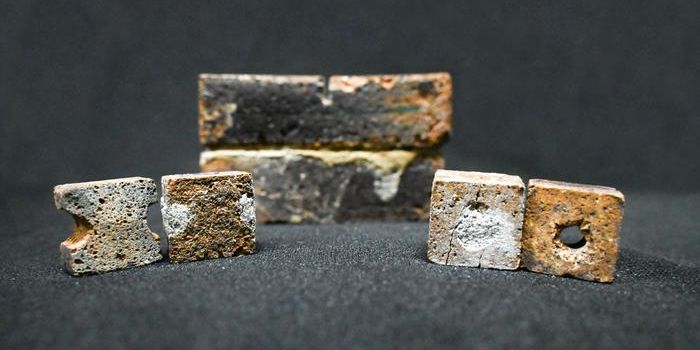Material Used in Electronics Capable of 'Remembering'
In a recent study published in Nature Electronics, an international team of researchers have discovered how a compound used in electronics known as vanadium dioxide (VO2) possesses the capability of ‘remembering’ its most recent external stimulus for up to three hours. This study has the potential to increase the demand for materials that can perform calculations with greater capacity, speed, and miniaturization.
Like many scientific discoveries, this one was made by chance, but this time through graduate research on phase transitions in VO2 by Mohammad Samizadeh Nikoo, a PhD student at EPFL's Power and Wide-band-gap Electronics Research Laboratory (POWERlab). While his research was initially focused on phase transitions, Samizadeh Nikoo observed VO2 exhibits a memory effect after taking hundreds of measurements. By additional pulses of current into the material, Samizadeh Nikoo found that the amount of time between each state change was directly linked to the material’s history.
"The VO2 seemed to 'remember' the first phase transition and anticipate the next," explains Prof. Elison Matioli, who heads the POWERlab, and is a co-author on the study. "We didn't expect to see this kind of memory effect, and it has nothing to do with electronic states but rather with the physical structure of the material. It's a novel discovery: no other material behaves in this way."
This discovery is profound because the memory effect is actually an innate property of the material itself, and since engineers depend on memory to perform a wide range of calculations, this discovery opens the door for even greater levels of research.
"The memory effect could in fact persist for several days, but we don't currently have the instruments needed to measure that," said Dr. Matioli.
Sources: Nature Electronics
As always, keep doing science & keep looking up!









